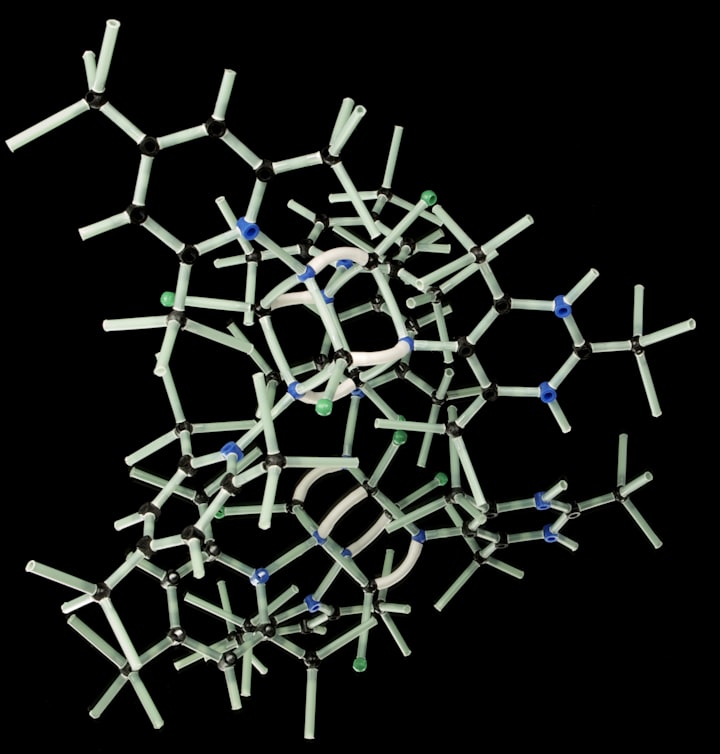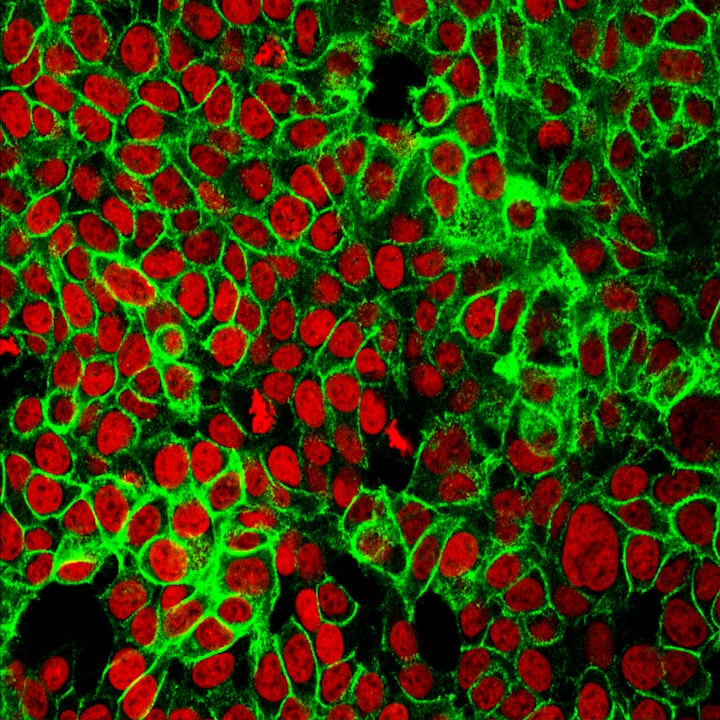How Do Voltage, Current, and Power Shape Electrical Systems?
Understanding voltage, current, and power and how they shape electrical systems and circuits. Explore their behavior in electricity.

When it comes to understanding electrical systems, it's important to grasp the concepts of voltage, current, and power.
These are fundamental aspects that govern the behavior of electricity in circuits and devices.
Let's dive deeper into each of these critical components.
Voltage - The Potential Difference
Voltage refers to the difference in electric potential between two points in a circuit.
It can be likened to the force that pushes electric charges through a conductor.
Just as water flows from a higher elevation to a lower one, electric charges move from a higher voltage to a lower one.
The unit of voltage is the volt (V), named after the Italian physicist Alessandro Volta, who pioneered the electric battery.
Current - The Flow of Electric Charges
Current measures the rate of flow of electric charges in a circuit.
It is analogous to the amount of water flowing through a pipe in a given time.
In electrical terms, it is the flow of electrons along a conductor.
The unit of current is the ampere (A), named after the French physicist André-Marie Ampère, who made significant contributions to the understanding of electromagnetism.
Power - The Product of Voltage and Current
Power in an electrical system is the product of voltage and current.
It represents the rate at which electrical energy is converted into other forms of energy, such as heat, light, or mechanical work.
In the context of our water analogy, power would be akin to the force generated by the combination of water flow rate and the height of the water source.
The unit of power is the watt (W), named after the Scottish inventor James Watt, who played a key role in the development of the steam engine.
Understanding these fundamental concepts of voltage, current, and power is crucial for anyone working with electrical systems, from engineers and technicians to hobbyists and students.
Each aspect plays a vital role in determining how electricity behaves and how it can be utilized in various applications.
Remember, just as a deeper understanding of hydraulics can lead to more efficient use of water, delving into the intricacies of electrical concepts can empower us to harness and utilize electricity more effectively in our modern world.






